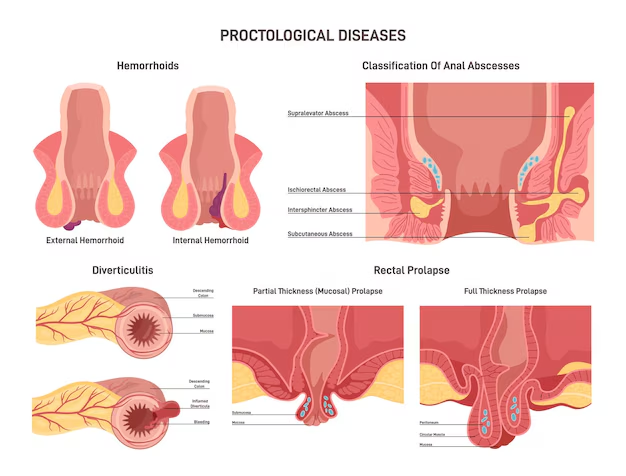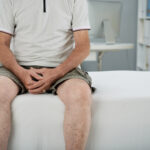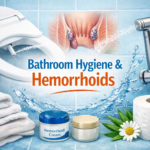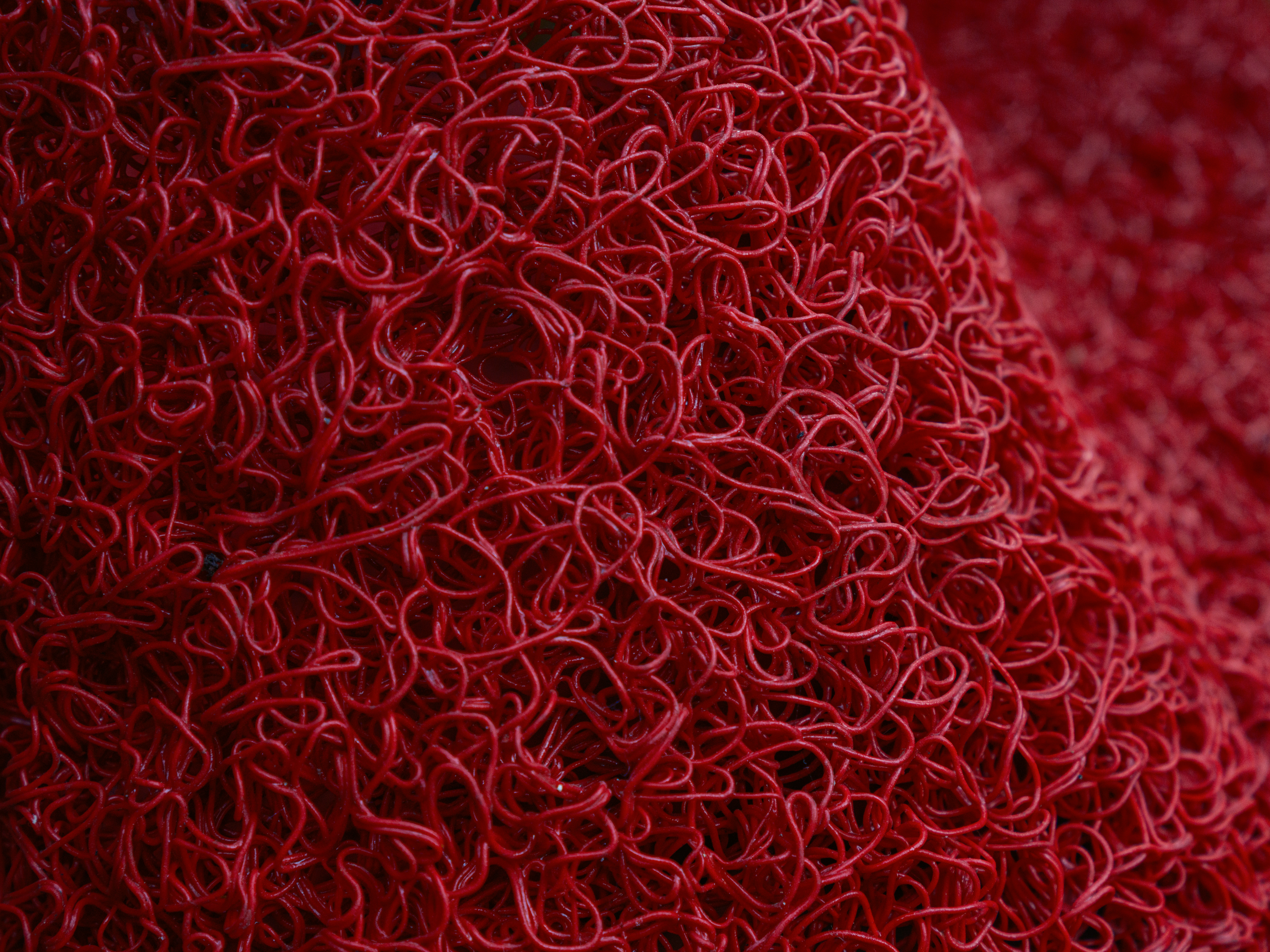Inflamed veins situated in the lower rectum and the anus are generally called hemorrhoids. However, a long-term or untreated case of piles can cause serious health problems and affect lifestyle. This article will examine various risks that come with living with hemorrhoids, complications that might arise, and how to cope with them.
Understanding Hemorrhoids
It is important to comprehend what hemorrhoids are as well as their different types before discussing the risks:
Internal Hemorrhoids: These are inside the rectum and do not hurt although they may lead to bleeding from anus.
External Hemorrhoids: Found under the skin around the anus, these can be painful and cause swelling and discomfort.
Thrombosed Hemorrhoids: These external hemorrhoids have a blood clot making it very painful, swollen as well as inflamed.
Common Symptoms
Symptoms seen in most cases of piles include:
Bleeding from anus
Painful feelings
Itchiness and soreness
Swelling around the anus
Lumps near the anus
Risks of Living with Hemorrhoids
Living with chronic or untreated haemorrhiods carries health risks; here are some of the main ones:
- Incidents of bleeding
It is the most prompt threat of untreated hemorrhoids. External hemorrhoids, particularly, may be causing severe pain especially during bowel movements. This continuous pain can interfere with normal activities making sitting, walking or doing ordinary tasks difficult.
- Heavy Blood Flow
Respective to minor bleeding being a common sign of hemorrhoids, chronic or severe hemorrhoids may cause heavy blood loss with time. This could lead to anemia which is characterized by constant fatigue, weakness and difficulty in breathing. Whenever you have persistent rectal bleeding it is important to see your doctor as they will rule out other serious conditions such as colorectal cancer.
- Infections
Hemorrhoids on the other hand can get infected if there are open sores or if somebody scratches them too much .Consequently an infected hemorrhoid results:
Increased pain and swelling
Fever
Redness and warmth around the anus
Pus or any discharge otherwise.
If not treated immediately, such infections may spread becoming worse
- The Strangulated Hemorrhoid
The occurrence of strangulated hemorrhoids happens when the blood flow to an internal hemorrhoid is cut off, causing severe pain and possible dead tissue. It needs urgent medical attention and can cause grave complications if not taken care of.
- Thrombosis
Thrombosed hemorrhoids are external piles that have clotted. This condition makes a person feel terrible pain and there is swelling as well. Although thrombosed hemorrhoids are generally not dangerous, they can be very uncomfortable to live with and may require surgery where the clot will have to be removed.
- Prolapse
Prolapsed hemorrhoids are defined as internal piled protruding outside the anus leading to:
More Pain and irritability
Problems of Cleanliness
Incontinence (where a patient has leakages)
Buttocks could be pushed back on into the rectum by hand in prolapsed hemorrhoids that is why sometimes it requires surgical operation for extreme situations.
- Impact on Quality of Life
Chronic piles can significantly influence one’s quality of life in many ways. Continuing pain, bleeding and discomfort lead to:
Decreased physical activity
Anxiety levels and stress
Shying away from gatherings or groups
Depression
These psychological effects are similar in intensity to physical symptoms; hence they should never be downplayed.
Preventive Measures and Management
In view of the dangers that may result from suffering with hemorrhoids, it is necessary to take preventive measures and effective management strategies. Below are some suggestions:
- Dietary Changes
A diet rich in insoluble fiber can help avoid haemorrhoids by facilitating regularity of easy bowel movements as well as reducing straining while passing stool. Include a lot of fruits, vegetables, whole grains and legumes in your diet.
- Hydration
Drinking enough water assists in keeping the stool soft leading to its easy passage. Consume about 8-10 glasses per day.
- Regular Exercise
Physical exercises enhance healthy functioning of the bowels and reduces the pressure on veins. Get at least thirty minutes of moderate exercise on most days each week.
- Avoid Straining
Straining while defecating increases pressure on rectal veins. To avoid this:
Don’t postpone when you feel like defecating
When sitting on a toilet, use a footstool helping for aligning the rectum naturally.
Avoid lengthy periods seated on toilets.
- Good Hygiene
Clean dry anal area prevents irritations and infections; hence use gentle clean wipes or bidet without fragrance or perfumed soap.
- Non-Prescription Solutions
Several over-the-counter creams, ointments and suppositories exist that can decrease pain, swelling, and itchiness. Usual ingredients include hydrocortisone, witch hazel and lidocaine.
- Treatment by a Doctor
Talk to your healthcare provider if home treatments do not work. Depending on the severity of the hemorrhoids they may suggest some procedures like rubber band ligation,sclerotherapy or surgery.
- Stress Management
Symptoms of hemorrhoids can be aggravated by chronic stress. It is important to employ various methods of stress relief such as deep breathing exercises, meditation and yoga for dealing with rising stress levels.
Conclusion
The presence of hemorrhoids in your body can pose great dangers to health and quality of life. From prolonged aches and blood flows to infections and psychological disorders, complications from untreated hemorrhoids are grave. Nevertheless, with proper preventative measures in place as well as appropriate treatment strategies you can effectively manage this condition minimizing its effects on you.
If you believe there is possible presence of hemorrhoids or worsening symptoms please consult medical help immediately because intervention at an early stage would prevent escalation of complications leading to better general health status for your life in future.







